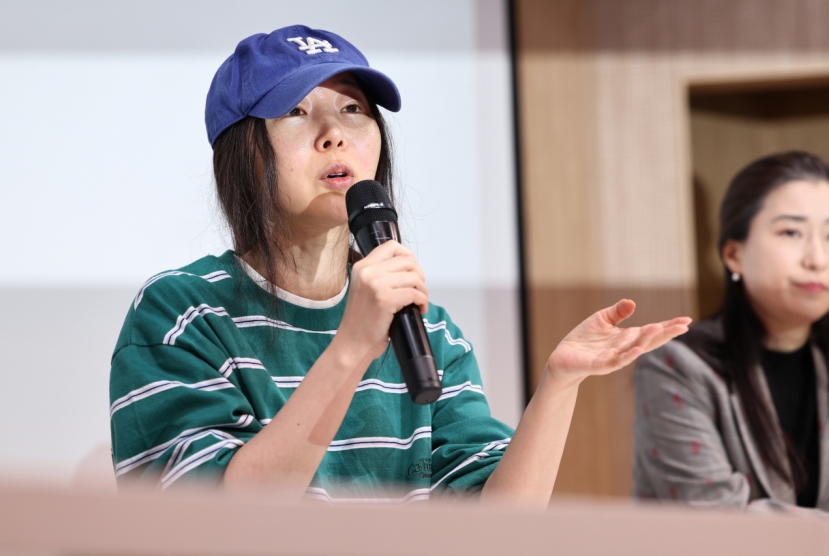[Editorial] Timing is important
Pension reform should be done within this year
By Korea HeraldPublished : Oct. 26, 2014 - 21:03
The government and the parties are accelerating their push to reform the deficit-ridden pension system for government workers. The ruling and opposition parties have each launched a task force, which they said would hold joint meetings if necessary.
The strongest push comes from the government, notably Cheong Wa Dae, and the ruling Saenuri Party. They did well to agree on the deadline for the reform ― the end of this year.
It is important to set a target date because previous attempts at a “pay more, receive less” reform of the pensions fizzled out amid fierce resistance from government employees and the lack of strong will from the government and politicians.
The latest reform proposal will face the same fate if it is not dealt with in a speedy manner. This is all the more important because next year, the political community will begin gearing up for the 2016 general elections, which will set the tone for the presidential election the following year.
Saenuri leader Kim Moo-sung, who initially questioned the presidential office’s call to end the reform by the end of the year, is rallying behind the government. He said that he would become the lead author of the reform bill and have all the members of the leadership body of the party sign the bill, in a show of the party’s determination to bring about the reform.
With the ruling camp speaking in one voice, the success of the reform discussions will hinge on the upcoming negotiations with the opposition and persuading the government employees who are already threatening “all-out war” against the reform.
The main opposition New Politics Alliance for Democracy cannot avoid criticism for the fact that it has yet to draw up its own reform proposal. It is also irresponsible for some opposition members to say that more time is needed to form a social consensus and therefore, the reform bill should be handled by the extraordinary parliamentary session in April.
The government employees’ union also should present its own proposal on how to address the snowballing public pension deficit. Without any change, the pensions will require as much as 18.4 trillion won in taxpayers’ money over the five years. This is not a problem that affects only them.
The strongest push comes from the government, notably Cheong Wa Dae, and the ruling Saenuri Party. They did well to agree on the deadline for the reform ― the end of this year.
It is important to set a target date because previous attempts at a “pay more, receive less” reform of the pensions fizzled out amid fierce resistance from government employees and the lack of strong will from the government and politicians.
The latest reform proposal will face the same fate if it is not dealt with in a speedy manner. This is all the more important because next year, the political community will begin gearing up for the 2016 general elections, which will set the tone for the presidential election the following year.
Saenuri leader Kim Moo-sung, who initially questioned the presidential office’s call to end the reform by the end of the year, is rallying behind the government. He said that he would become the lead author of the reform bill and have all the members of the leadership body of the party sign the bill, in a show of the party’s determination to bring about the reform.
With the ruling camp speaking in one voice, the success of the reform discussions will hinge on the upcoming negotiations with the opposition and persuading the government employees who are already threatening “all-out war” against the reform.
The main opposition New Politics Alliance for Democracy cannot avoid criticism for the fact that it has yet to draw up its own reform proposal. It is also irresponsible for some opposition members to say that more time is needed to form a social consensus and therefore, the reform bill should be handled by the extraordinary parliamentary session in April.
The government employees’ union also should present its own proposal on how to address the snowballing public pension deficit. Without any change, the pensions will require as much as 18.4 trillion won in taxpayers’ money over the five years. This is not a problem that affects only them.
-
Articles by Korea Herald



![[Herald Interview] 'Amid aging population, Korea to invite more young professionals from overseas'](http://res.heraldm.com/phpwas/restmb_idxmake.php?idx=644&simg=/content/image/2024/04/24/20240424050844_0.jpg&u=20240424200058)
















